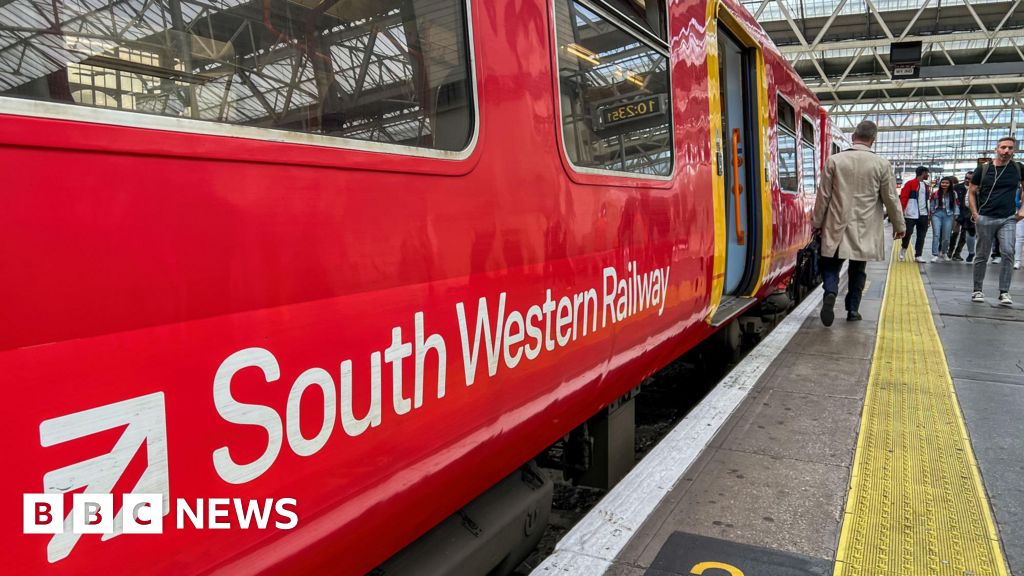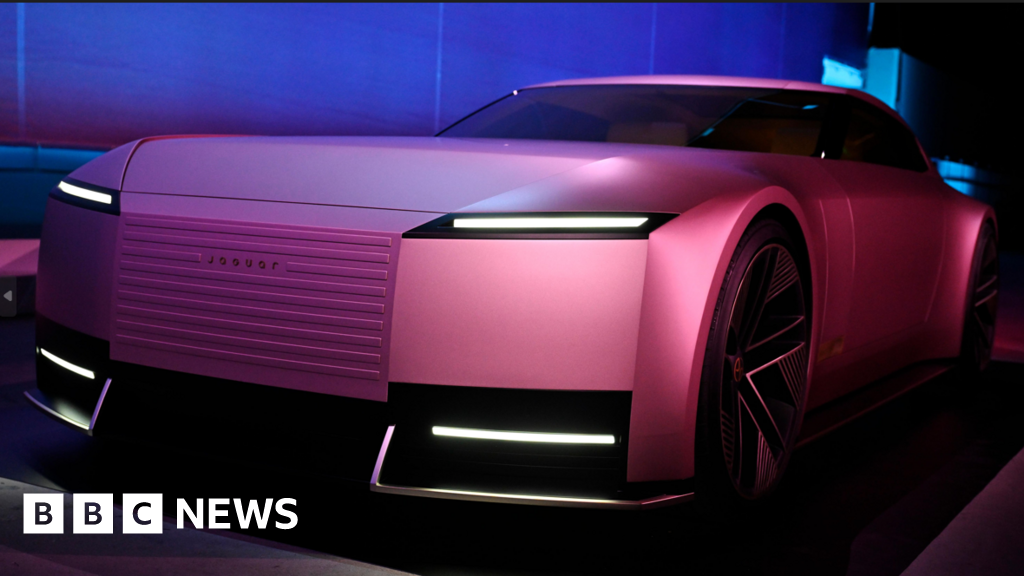
 Getty Images
Getty Images
Starbucks is the world's biggest coffeeshop chain
The newly-announced boss of Starbucks, Brian Niccol, has come under fire after it was revealed that he will commute the almost 1,000 miles (1,596km) from his family home in Newport Beach, California to the firm's headquarters in Seattle on a corporate jet.
Critics on social media have noted what they see as a discrepancy between the company's public stance on green issues and the lifestyles of its top executives.
Mr Niccol is due to take up the role at the helm of the world's biggest coffeeshop chain on 9 September.
Starbucks did not immediately respond to a request for comment from BBC News.
"You will not be required to relocate to the Company’s headquarters... You agree to commute from your residence to the Company’s headquarters... as is required to perform your duties and responsibilities," Mr Niccol's job offer says.
The document also states that he will be eligible to use the company's aircraft for "business related travel" and for "travel between [his] city of residence and the Company's headquarters".
These terms of employment sparked a backlash on social media.
"That's nice... good convenience for top talent! But hope we don't see too many new 'sustainability' and 'environment' related ads from @starbucks? *Wink*," said one X user.
"The new Starbucks CEO is 'supercommuting' 1,000 miles to Seattle on a private jet to work, so don’t be too harsh on that waitress who gave you a plastic straw when you didn’t want one," said another.
Others focused on how much Mr Niccol is set to get paid in his new job.
"How come we never talk about CEO pay when we talk about rising prices?" former US Secretary of Labor Robert Reich posted.
According to the terms of his offer, Mr Niccol's annual base pay will be $1.6m (£1.2m). On top of that he could get a performance-related bonus of as much as $7.2m and up to $23m a year of Starbucks shares.
A report published by the United Nations in 2021 showed that the world's wealthiest 1% of people produced double the combined carbon emissions of the poorest 50%.

 Movie
Movie 3 months ago
62
3 months ago
62 




![Presidents Day Weekend Car Sales [2021 Edition] Presidents Day Weekend Car Sales [2021 Edition]](https://www.findthebestcarprice.com/wp-content/uploads/Presidents-Day-Weekend-car-sales.jpg)



 English (United States)
English (United States)